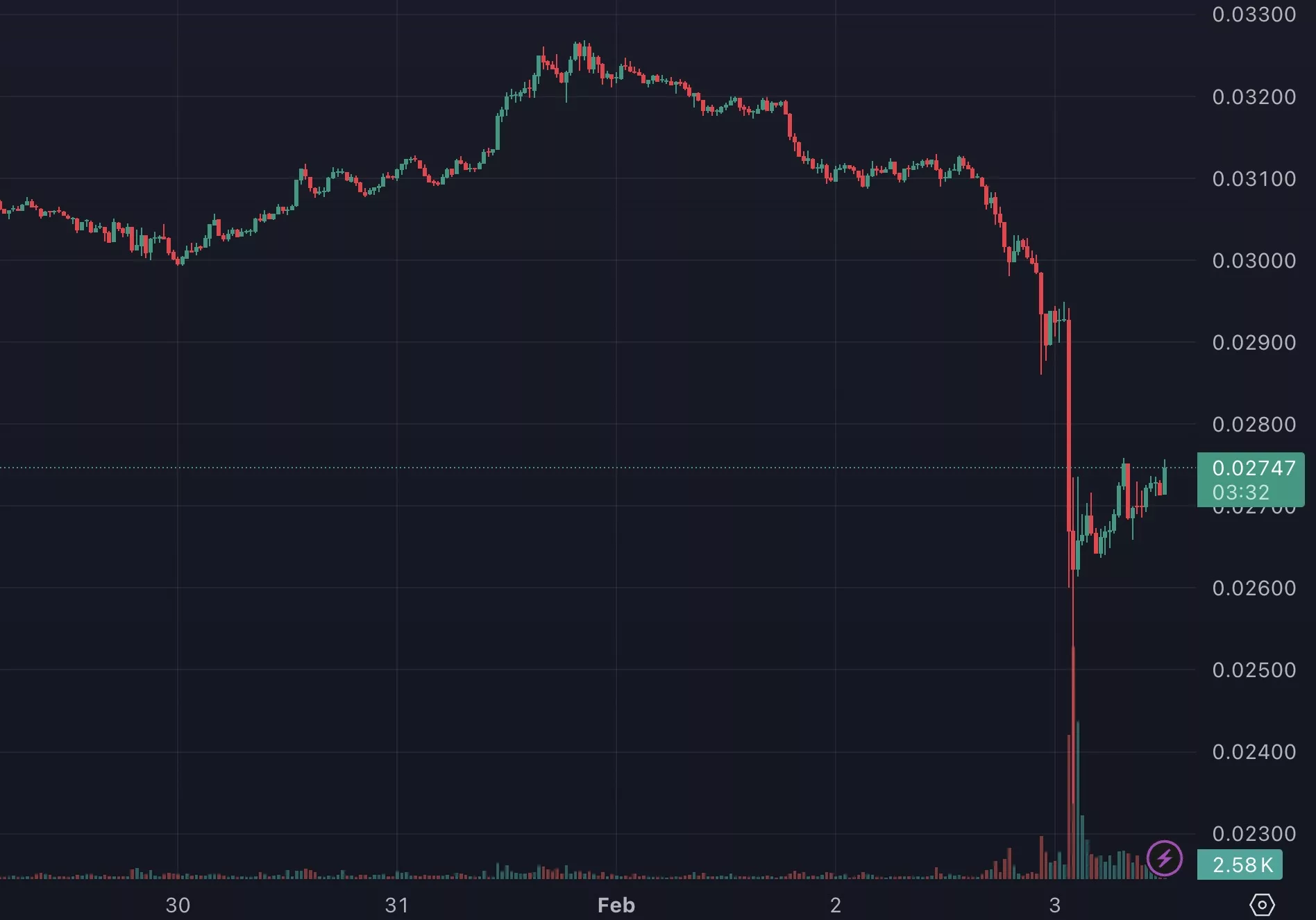Fueling the Future: Utah’s Potential Bitcoin Reserve
A Bold Move by Utah Legislators
Utah legislators are making waves in the world of cryptocurrency with a groundbreaking proposal to create a strategic Bitcoin reserve. Spearheaded by Dennis Porter, the CEO and founder of the Satoshi Action Fund, this initiative has the potential to put Utah on the map as a pioneer in the digital currency space.
Why Utah?
With a fast-moving legislative calendar and strong political backing, Utah is poised to become the first state to approve such a forward-thinking strategy. The state’s pro-business environment and tech-savvy population make it an ideal candidate for this innovative venture.
The Potential Impact
If Utah goes through with this plan, it could have ripple effects throughout the cryptocurrency world. Other states may follow suit, leading to a widespread adoption of Bitcoin reserves at the state level. This move could also boost investor confidence in Bitcoin and further legitimize its status as a viable form of currency.
How This Could Affect You
As a resident of Utah, you could see firsthand the benefits of having a Bitcoin reserve in your state. Increased investment in cryptocurrency could lead to a stronger economy and more job opportunities in the tech sector. Additionally, having a state-level reserve could provide a sense of security for Utah residents who are interested in Bitcoin.
The Global Impact
On a larger scale, Utah’s decision could spark a global trend of establishing Bitcoin reserves at the state or even national level. This could potentially stabilize the volatile cryptocurrency market and pave the way for a more mainstream acceptance of digital currencies. Countries around the world may look to Utah as a model for integrating Bitcoin into their economic strategies.
In Conclusion
Utah’s potential Bitcoin reserve is not just a bold move by legislators—it’s a sign of the changing times we live in. As technology continues to shape our world, it’s important for states and countries to stay ahead of the curve. Utah’s initiative could be the first of many steps towards a more digital and decentralized future.





